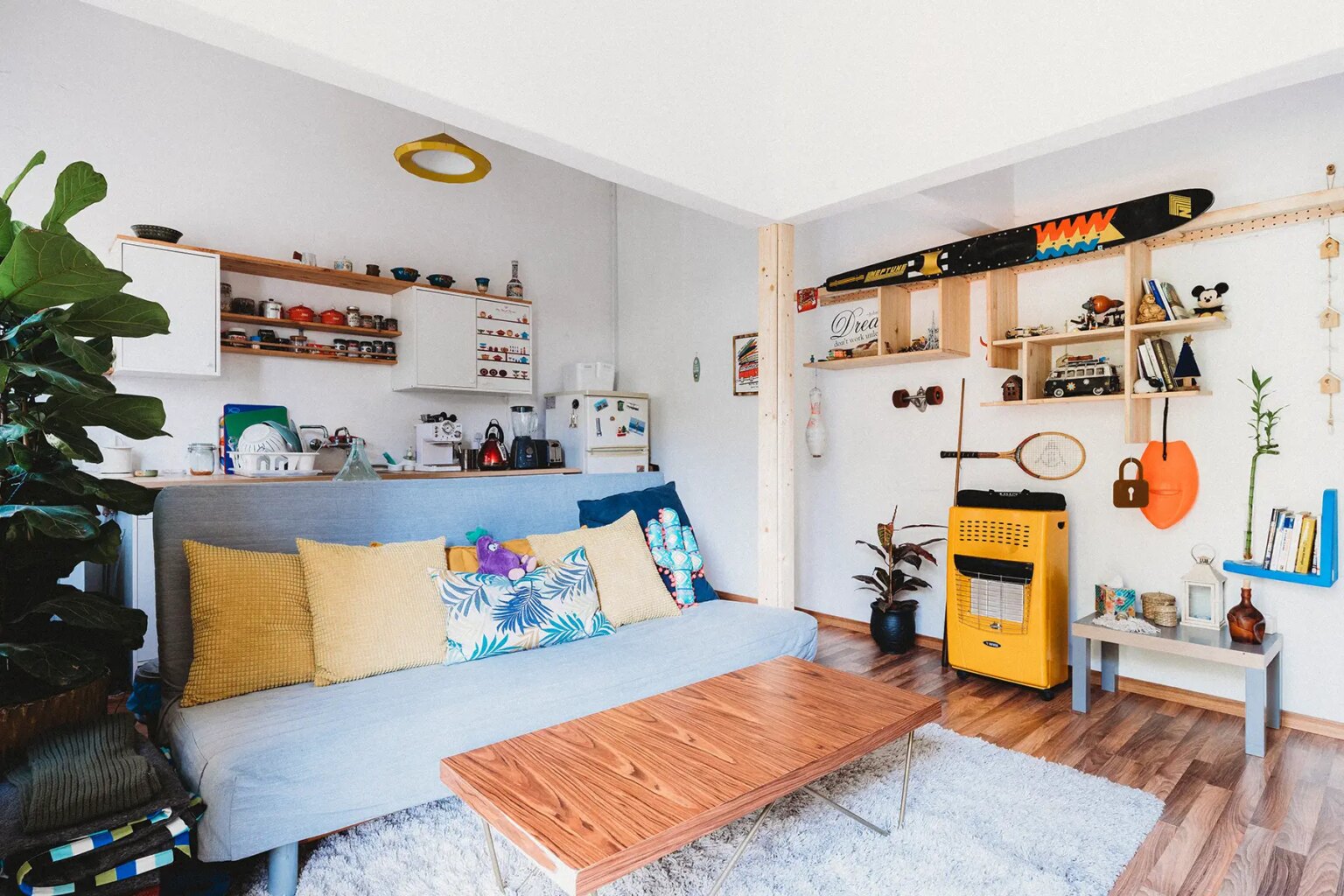Economically challenging times are giving rise to new ways of thinking when it comes to how idle things are used. Enter one of the most en vogue terms in modern economics: the sharing economy. As things ranging from cars to building tools sit idle when they’re not being used by their owners, so too have platforms popped up to put them to use more often. The most well-known of these sharing economy platforms puts spare bedrooms or even full homes up for rent for prospective tourists, breathing life into the idea of the homestay.
What are the most reputable platforms for doing a homestay? Explore the world of homestays and learn how can you start using them, whether as a traveler or a host.
What is a homestay, anyway?
Homestay platforms reported surges in membership after the start of the 2008 financial crisis, drawing couples and families keen to taste life in a different part of the world but not so keen to pay outlandish hotel prices. But homestays are nothing new; in fact, they have a relatively long history of providing a unique form of accommodation for travelers.
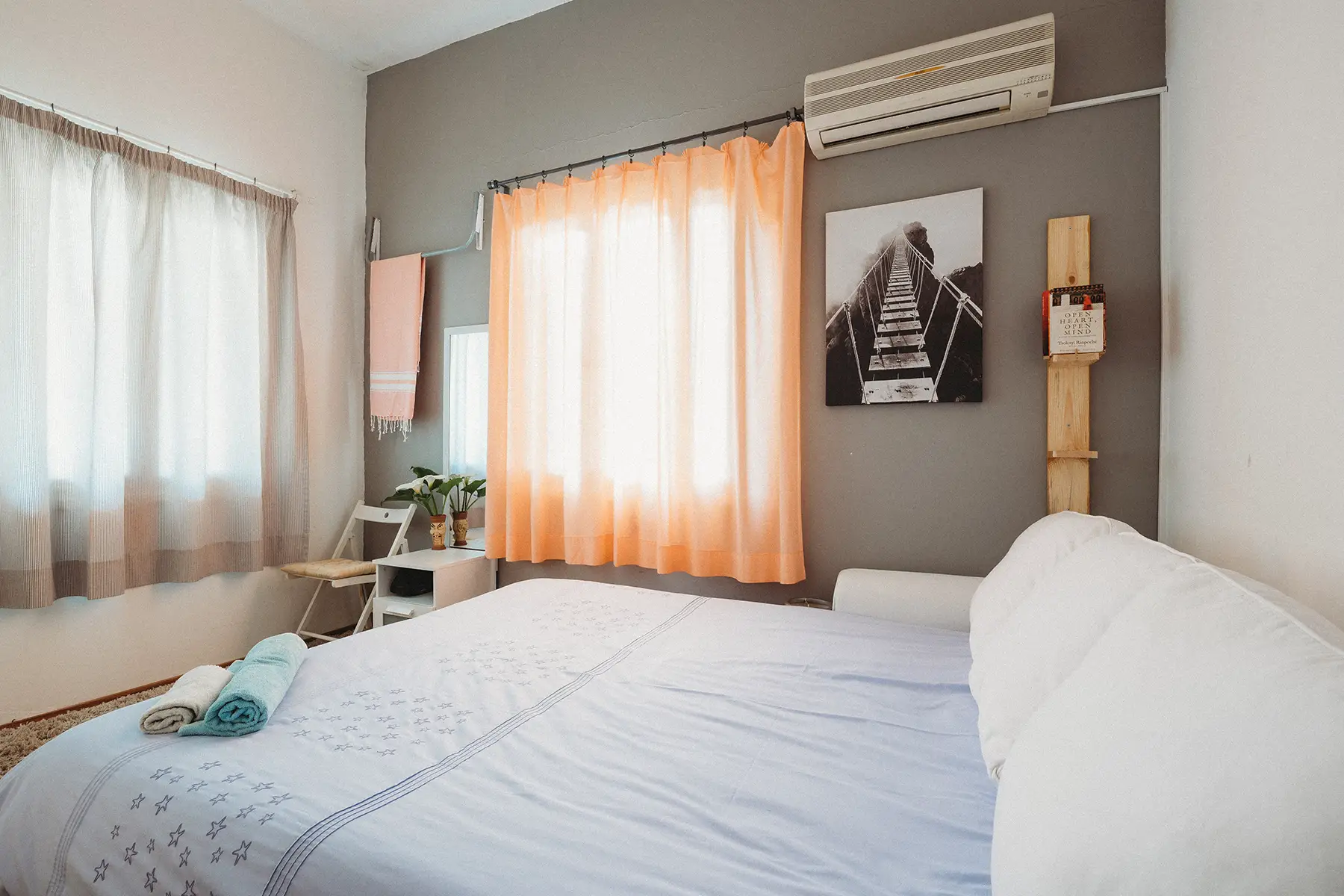
Home exchanging first emerged in 1953. A group of Swiss teachers created the not-for-profit Intervac, while Homelink popped up in the United States. They’ve been joined by a slew of similar services, whether it’s a true home exchange service (like Home for Exchange), paid homestays (Airbnb being the most notable), or even homestays offered at no cost (Couchsurfing, for example). Whatever the price point, these platforms offer variations on a theme: the chance to stay in someone’s home for a few days instead of in an impersonal hotel room.
Why do a homestay?
The most striking difference between a homestay and a hotel stay is variety. Anyone keeping their budget in check while traveling knows that most hotels fall into one of two categories: soulless international chains or low-quality budget options. Using a homestay network, though, opens up a whole new world; whether it’s a room in a shared apartment or renting out an entire flat to yourself, the options in larger cities are nearly limitless.
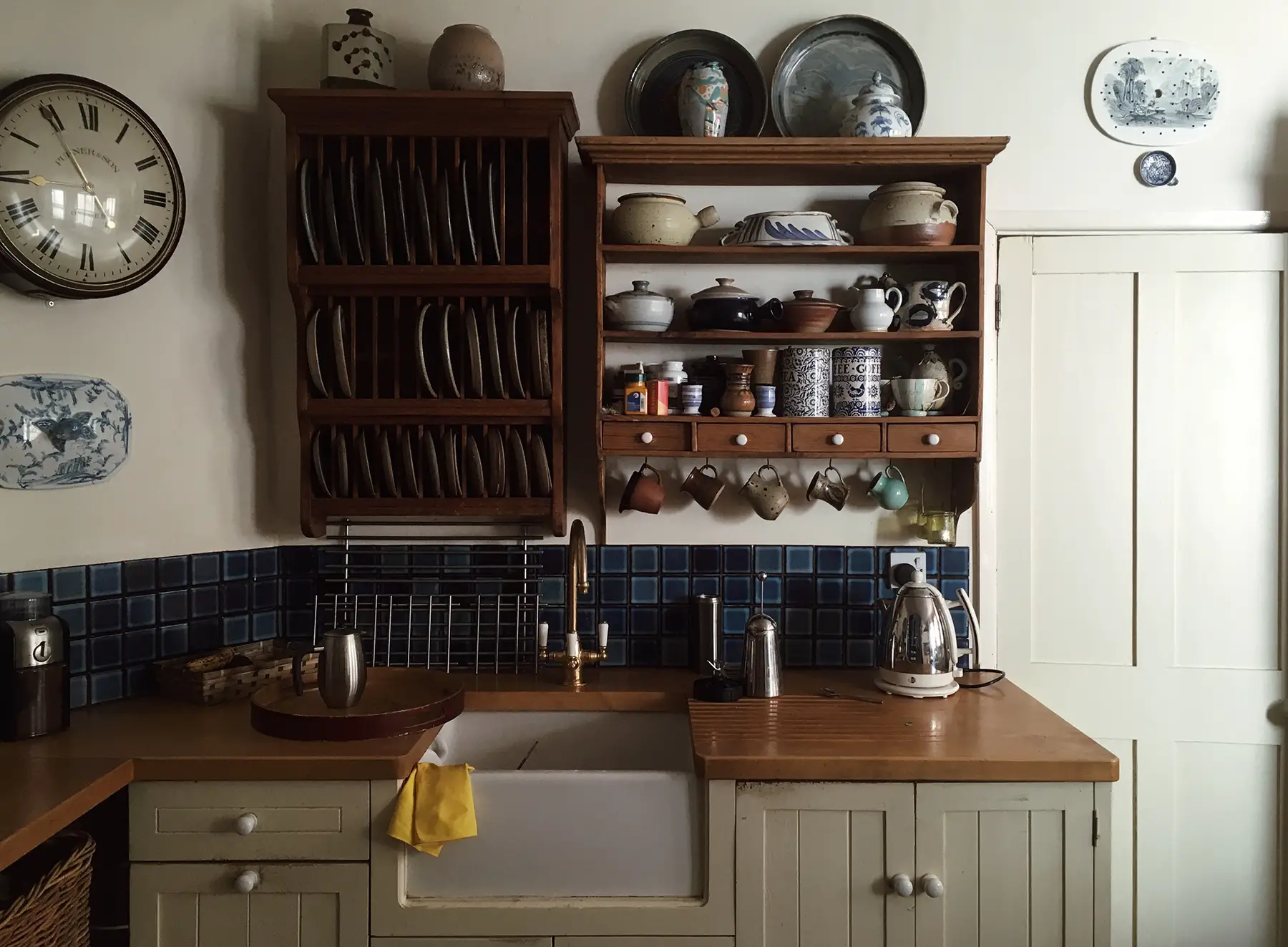
For many homestay enthusiasts, the biggest upside is a more personal connection than conventional lodging options. Staying in someone’s spare bedroom might give you the chance to have coffee with your host, where they can offer not just a good conversation but also a local perspective on the city that you’re visiting.
Unfortunately, the widespread use of Airbnb has resulted in plenty of lockbox apartments in major tourist hotspots. Lockbox apartments are missing the personal touch; guests collect the keys themselves and probably never meet the actual owner (who probably works more like a landlord more than a homeowner). Places like these are usually easy to spot; look instead for places that make clear who the owners are and imply a more personal connection with guests.
Tips for a successful homestay
When you’re looking for a place to stay, it’s best not to immediately reserve the first home you look at. Do a bit of research outside of the homestay platform first. Look up public transportation directions from the area to the parts of town you plan on spending time in. Look up the neighborhood online to gauge its reputation is. Lean towards hosts that have housed a high number of guests to positive reviews; experienced hosts know what they’re doing and will make your stay hassle-free. Read all of the fine print; if you need to pay extra to check in late or bring your own soap for the shower, it’s best to know these things in advance.
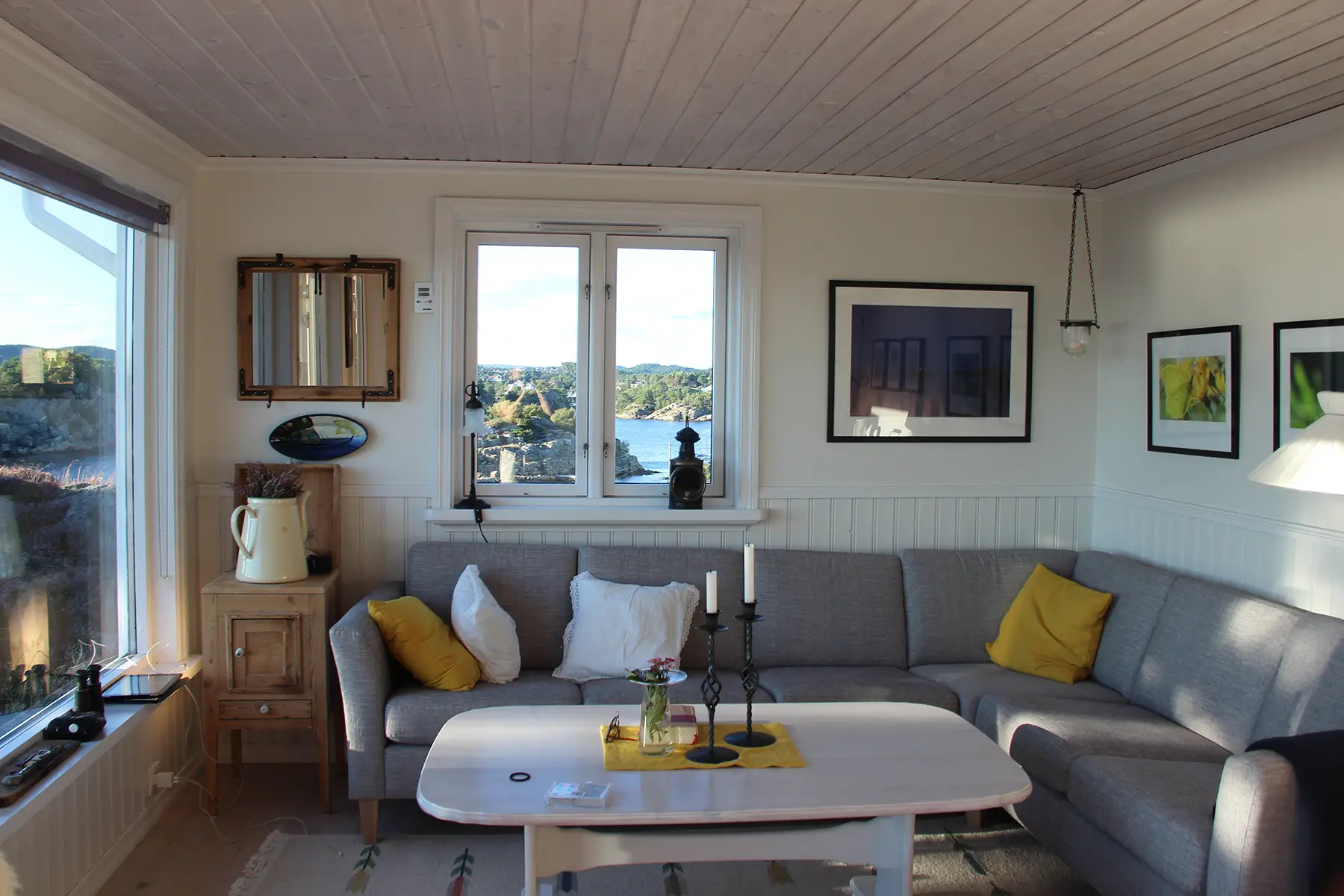
If you’re planning on renting out your own place, make sure your listing stands out from the rest. Use bright, attractive photos; turn on all the lights, open the blinds, and take photos on a sunny day. Write a detail-rich description about your home and who is hosting; it’s comforting for potential guests to see a host that opens up about who they are and what level of interaction they can expect. Regardless of which homestay platform you use, fill out every detail that you can about your home. Little details like knowing if they can use the shampoo they find in the shower helps your guests know what to pack. Last, you’ll want to prep yourself to answer any questions that your guests might have. Put together a small folder with essentials for any guest, including a city map, the Wi-Fi password, or a primer on public transportation.
Are homestay platforms safe?
For first-timers, a homestay might seem a little intimidating; a complete stranger is giving permission to another complete stranger to sleep in their home, after all! The best bet for a homestay newbie is to choose a host or guest with plenty of reviews. That way, the more experienced party can allay the concerns of the other. In most cases, a great homestay is one where both sides respect one another and, most importantly, the home itself.
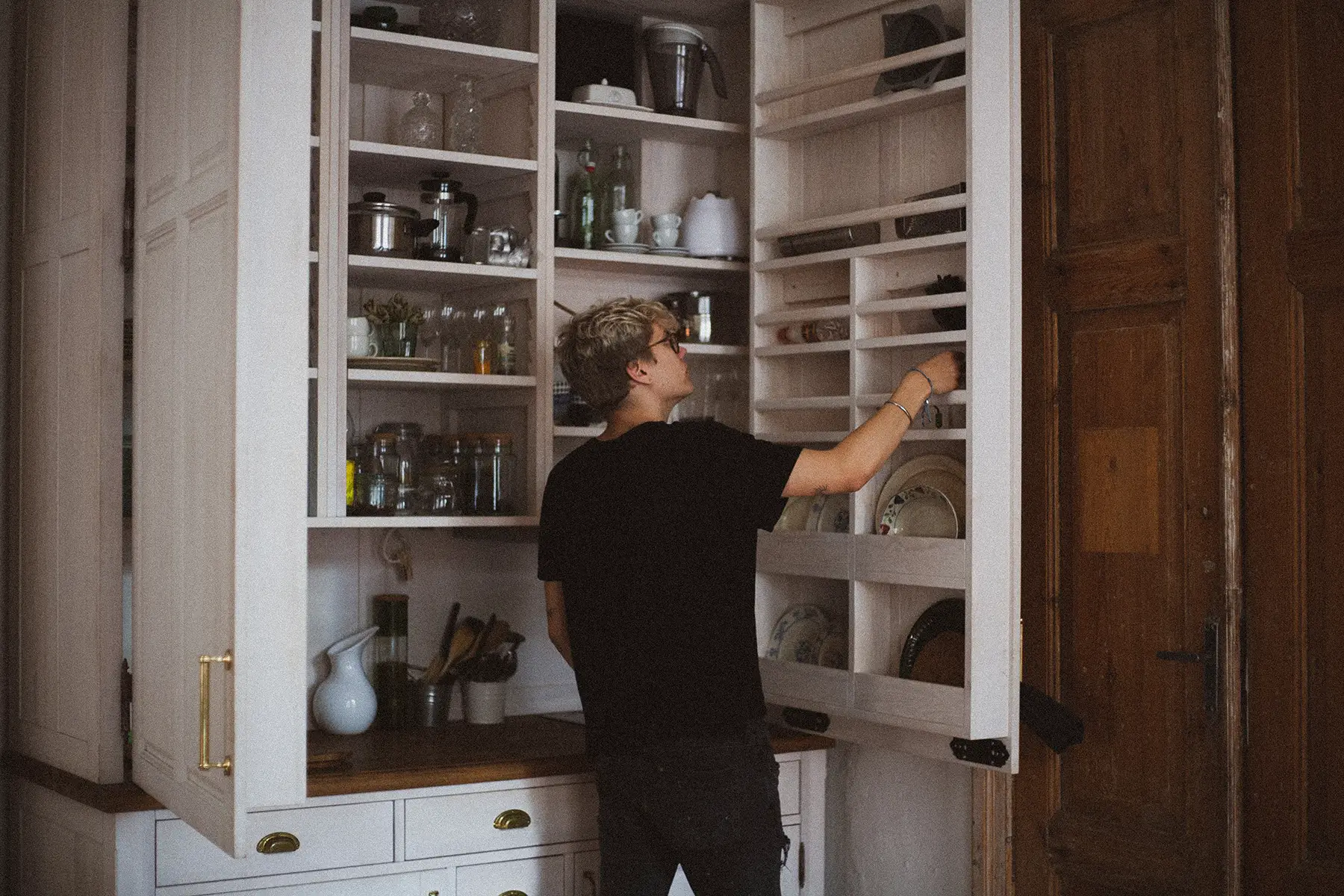
Both guests and hosts share the same primary concern: theft. Some homestay platforms that charge a membership fee may provide insurance; others that don’t may have insurance available as an add-on. Regardless, taking out insurance offers everyone peace of mind, even if your homestay guest feels the need to steal your towels or if you accidentally break something as someone’s guest. In some cases, such insurances cover reimbursement of certain expenses such as airfares, hotels, and car rental. Insurance aside, be smart about your more valuable belongings. Hosts should have a locked cabinet for the most important items; guests should avoid leaving things like a laptop or wallet in plain view. Just don’t forget to lock the door when you leave!
